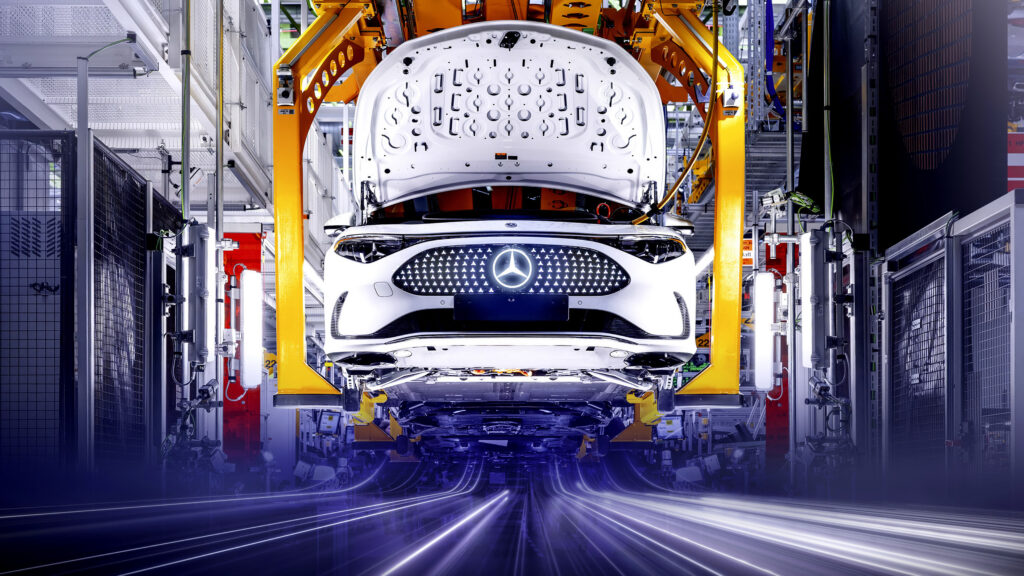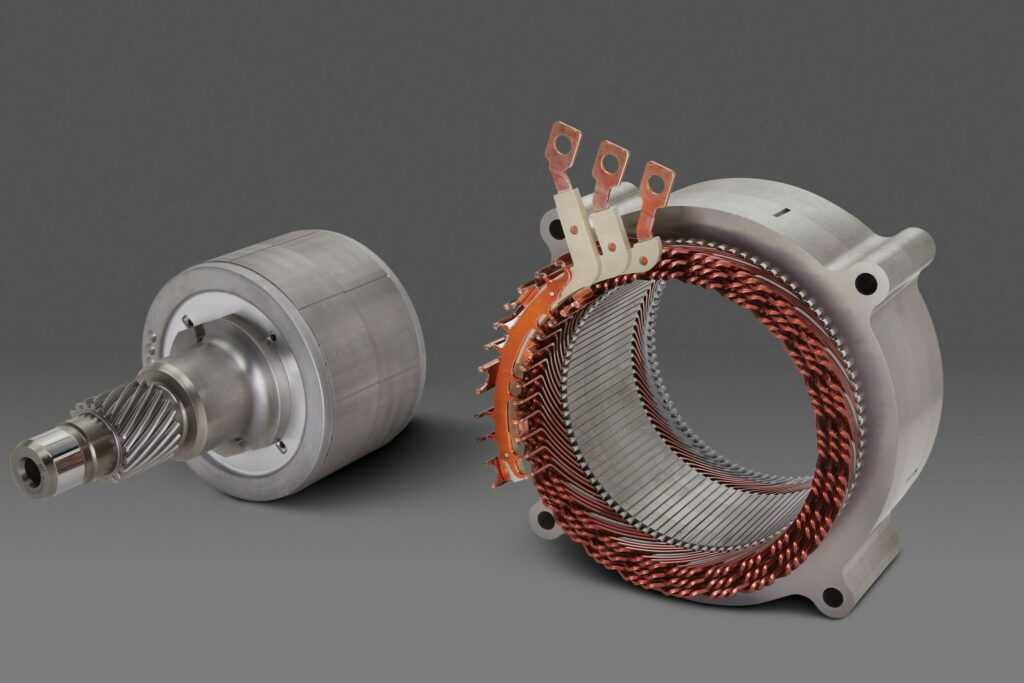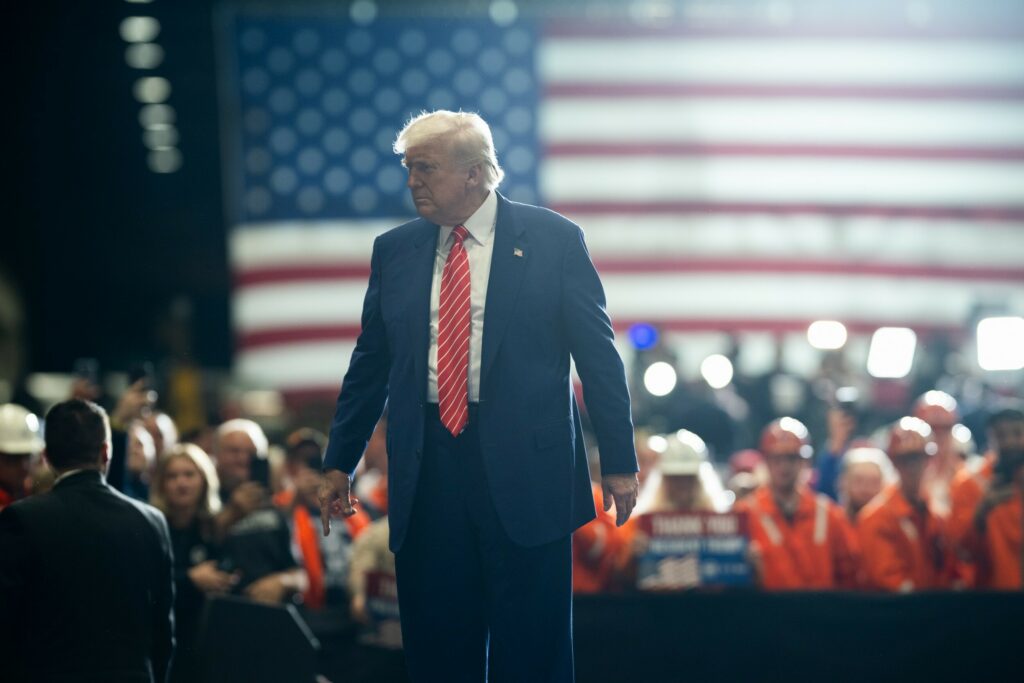Auto Impact

It seems the auto industry can’t catch a break lately. With new trade uncertainties, Suzuki, one of the key players, has hit pause on Swift production. The culprit? A shortage of rare earth elements, essential for making many vehicle components.
Supply Strain

These shortages stem primarily from China’s decision in April to slap export restrictions on rare earth elements. This move has started to ripple through the global production landscape. Talks between the U.S. and China are ongoing, but it feels like the relief is far from immediate.
Suzuki halted the Swift’s production back in May and is hoping to get things rolling again by mid-June. They’re not alone in facing supply chain headaches, as BMW’s suppliers have also been feeling the strain. Although BMW hasn’t changed its production plans yet, the situation remains fluid.
Kinks in the Chain

Reports from the European Association of Automotive Suppliers highlight significant disruptions in both the traditional and electric vehicle production tracks. The scarcity of these essential materials threatens jobs and slows the manufacturing pace in many parts of the world.
Some manufacturers like Mercedes and Volkswagen seem to be managing better, though. These companies claim they aren’t facing the same level of supply hiccups. They are also taking steps to use fewer rare earth materials in their future cars.
Trade Talks
Potential relief could emerge as Presidents Trump and Xi Jinping have been in discussions about easing the current limitations on exports. While discussions are crucial, no immediate solutions have emerged yet. This comes at a time when Trump’s global trade policies have put additional pressure on China’s export capabilities.
Interestingly, temporary export licenses for these rare resources have been granted to big players like Ford, General Motors, and Stellantis. This offers a short-term cushion against production delays akin to what halted Ford Explorer production back in May.
Looking Ahead
The automotive industry is in a dynamic state of flux, with logistical and trade challenges creating unpredictable conditions. Automakers must stay agile, adapting and prioritizing supply chain resiliency as negotiations continue and tariffs influence trade dynamics worldwide.
Vintage C20 Revived
Maserati's Next Move
Carbon Fiber BMW
Audi Q4's Fresh Look
Rivian's EV Ambition